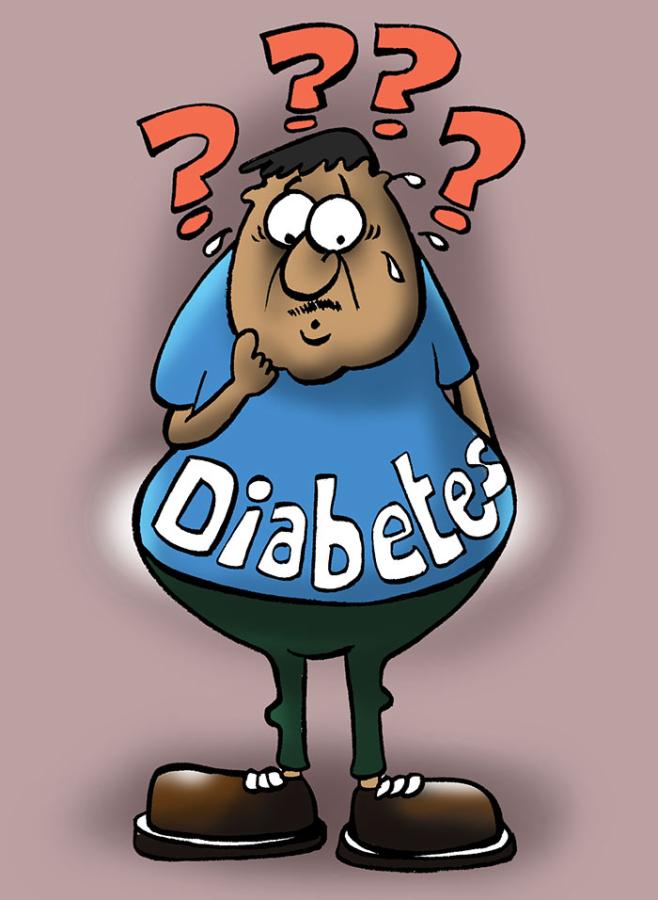The blood sugar spike was reduced on the day the individuals had consumed the ketone drink.
Illustration: Uttam Ghosh/Rediff.com

Drinking a ketone supplement can lower blood sugar levels, a recent study has found.
Researchers at the University of British Columbia and University of Oxford demonstrated that a single drink of ketone ester enables better control of blood sugar by reducing spikes in sugar levels.
Twenty healthy individuals participated in the study and on two occasions consumed the ketone monoester supplement or a placebo after a 10-hour fast.
Thirty minutes later they consumed a drink containing 75 grams of sugar (i.e., a standard oral glucose tolerance test).
Blood samples were collected every 15 to 30 minutes throughout the entire 2.5 hours protocol for analyses of glucose, lipids, and hormones.
Compared to the placebo, the blood sugar spike was reduced on the day that the individuals had consumed the ketone drink.
It should be noted that this study was conducted with healthy young individuals, to reduce the confounding influence of insulin resistance, beta-cell dysfunction, and medications, so more research is required to know whether it will apply to people with prediabetes, type 2 diabetes and obesity. The physiological mechanisms that underpin the improved blood sugar control also need to be understood.
Researcher Jonathan Little said, "Our study was done in healthy young participants but if the same responses were seen in people with, or at risk for, type 2 diabetes then it is possible that a ketone monoester supplement could be used to lower glucose levels and improve metabolic health. We are working on these studies at the moment."
He added, "The ketone supplements do not taste very good and, in order to blind the participants, we had to make a control drink that also tasted distinctly bad. It made for interesting mornings seeing how the participants would respond to the taste of their drinks!"
The study is published in the Journal of Physiology.












 © 2025
© 2025